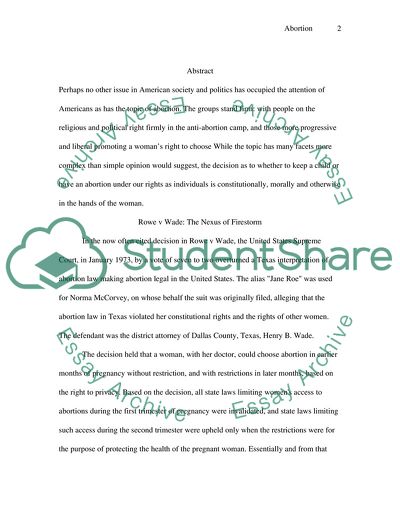Cite this document
(Abortion: Rights vs Socially Constructed Morality Literature review, n.d.)
Abortion: Rights vs Socially Constructed Morality Literature review. Retrieved from https://studentshare.org/law/1746795-abortion-pro-choice
Abortion: Rights vs Socially Constructed Morality Literature review. Retrieved from https://studentshare.org/law/1746795-abortion-pro-choice
(Abortion: Rights Vs Socially Constructed Morality Literature Review)
Abortion: Rights Vs Socially Constructed Morality Literature Review. https://studentshare.org/law/1746795-abortion-pro-choice.
Abortion: Rights Vs Socially Constructed Morality Literature Review. https://studentshare.org/law/1746795-abortion-pro-choice.
“Abortion: Rights Vs Socially Constructed Morality Literature Review”, n.d. https://studentshare.org/law/1746795-abortion-pro-choice.


